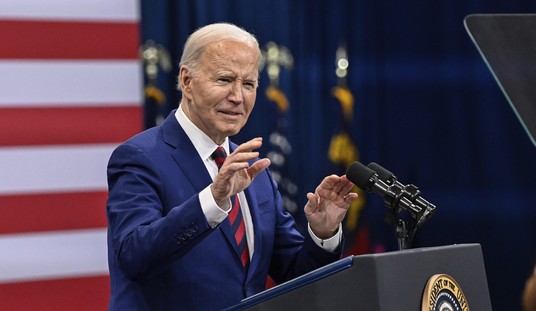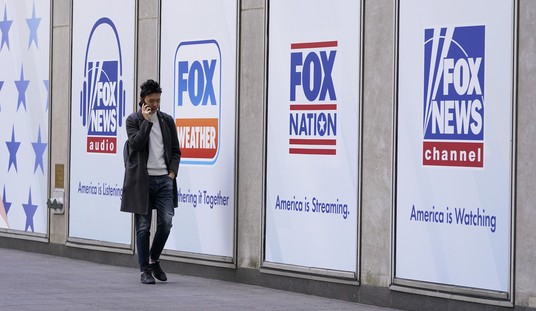[This column was co-authored by Edwin Meese, III]
Two questions will dictate not only the future of healthcare, but also the balance of power between Washington, D.C., and the states, and the separation of powers between the federal branches. One concerns state sovereignty, the other the heckler’s veto.
When justices heard arguments regarding the Affordable Care Act (ACA, or Obamacare) in King v. Burwell on March 4, Justice Anthony Kennedy and Chief Justice John Roberts suggested ways they might vote to uphold an Internal Revenue Service rule granting taxpayer subsidies to Obamacare exchange policies in states that refused to join that part of the ACA.
The ACA’s Section 1401 provides that subsidies are granted for insurance policies purchased on exchanges “established by the State under [Section] 1311.” By contrast, the federal exchange is created by Section 1321. Challengers argue this was deliberate, pressuring states to create exchanges and join Obamacare, like the provision threatening states with canceling all Medicaid funds if they did not join the ACA’s expanded Medicaid. (The Court struck down that part of the ACA in 2012 for coercing the states, violating the Tenth Amendment.) The now-infamous videos of Dr. Jonathan Gruber corroborate this theory.
Justice Kennedy asked if the challengers’ interpretation of the ACA would likewise coerce the states, putting them in a politically painful situation of denying tax subsidies to voters. Plaintiffs’ lawyer Michael Carvin cited the brief filed by the State of Indiana arguing that the Hoosier State deliberately chose to reject the exchanges because receiving subsidies is the ACA’s sole trigger for imposing employer-mandate penalties on the states and their political subdivisions.
However, the justices did not further discuss Indiana’s own challenge to the ACA, Indiana v. IRS, which dispels any idea of coercion. Indiana’s lawsuit, joined by thirty-nine public school corporations, shows how each of those schools are having to fire staff or reduce hours of lower-skilled employees—such as janitors and teaching aides for disabled students—because those schools cannot afford the added expense of healthcare.
Recommended
Another central thrust of Indiana’s case is that this provision of Obamacare fails to give healthcare to those who need it most. Instead, since subsidies trigger the employer mandate statewide for many employers, it costs employees hourly wages or even jobs, impeding business growth and reducing take-home pay for working-income Americans.
Ruling for the Obama administration wouldn’t prevent coercion because there is a coercive element either way; the ACA puts states between a rock and a hard place. Each sovereign state has the right to make the policy judgment of which direction their state should go, subsidized healthcare versus job creation and bigger paychecks.
The other question in King is a choice for Chief Justice Roberts, who floated the possibility that the Court could rule that Section 1401 is ambiguous—and accordingly defer to the IRS’s interpretation—but if the American people elect a Republican in 2016 taking the opposite position, the Court will defer to that as well. The Court could thus duck the issue and let the voters decide.
However, this would not be like the Court’s upholding most of Obamacare by a 5-4 vote in 2012, when Chief Justice Roberts (wrongly) chose to interpret the ACA’s individual mandate as a tax, rather than the commercial mandate Congress wrote. In King, Congress’s words will not be touched; the question is whether an agency—here, the IRS—can rewrite statutes through rulemaking.
Refusing to give effect to Congress’s law would usher in an era where courts routinely let presidents rewrite statutes whenever the words Congress adopts does not produce outcomes the president likes. It will permanently cede legislative power to the executive branch; Congress will only be needed to pass an initial statute, then any future president can modify key provisions at will.
The consequences of either approach would degrade constitutional government. The only solution is to give effect to Section 1401’s words, invalidate the IRS rule, and let Congress and the American people decide whether to expand subsidies, or fundamentally revisit healthcare after the 2016 elections.
Mr. Meese was the 75th attorney general of the United States.

























Join the conversation as a VIP Member